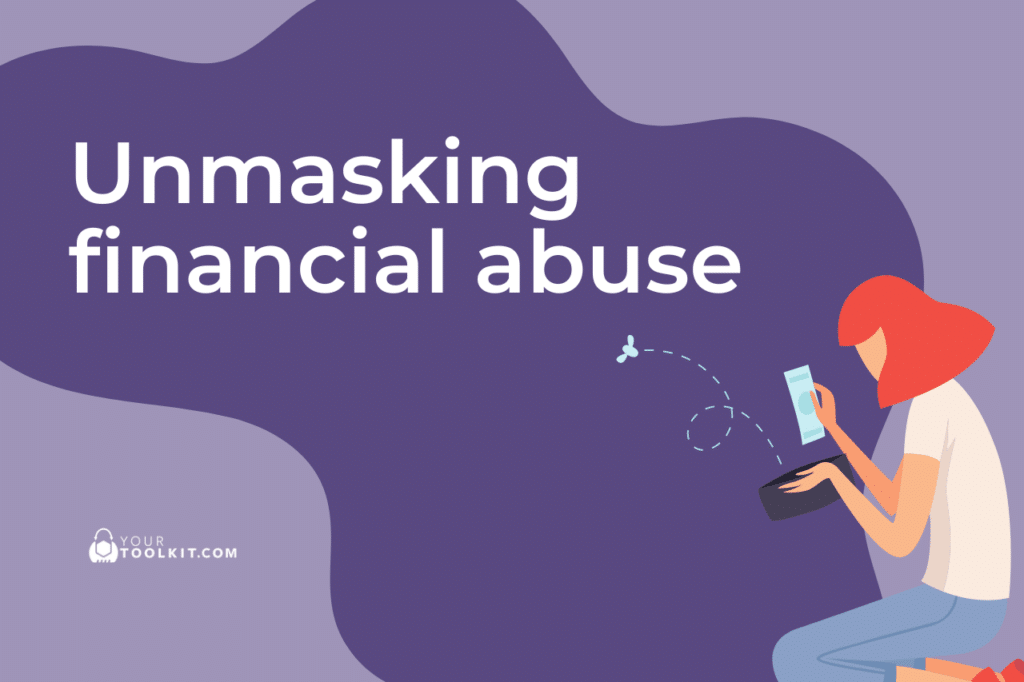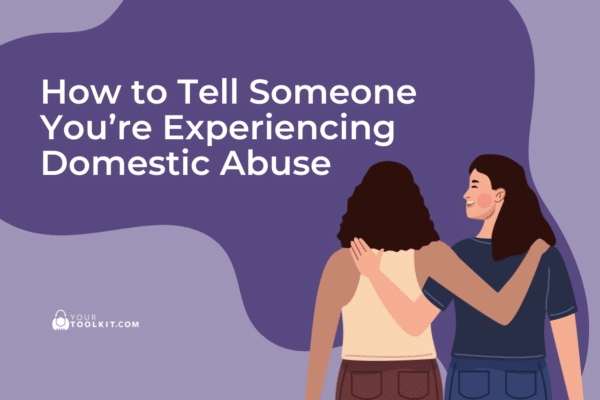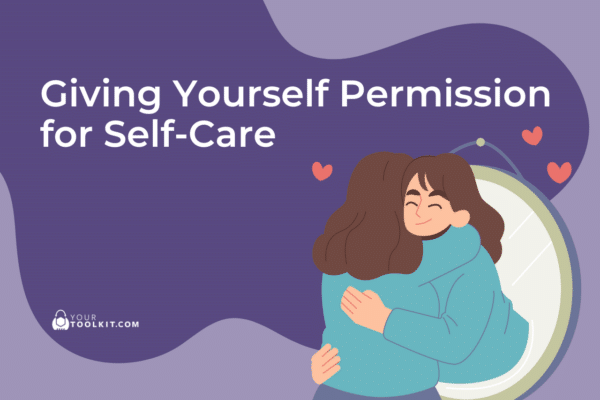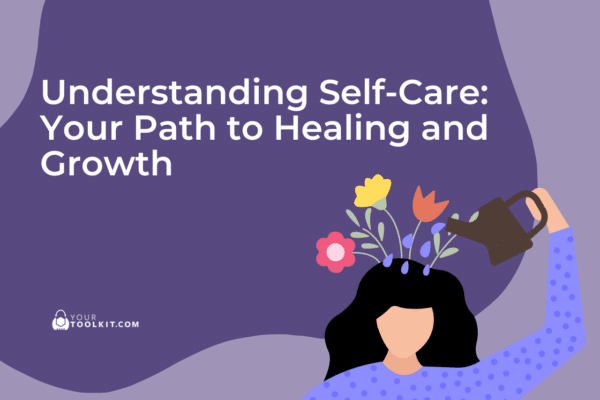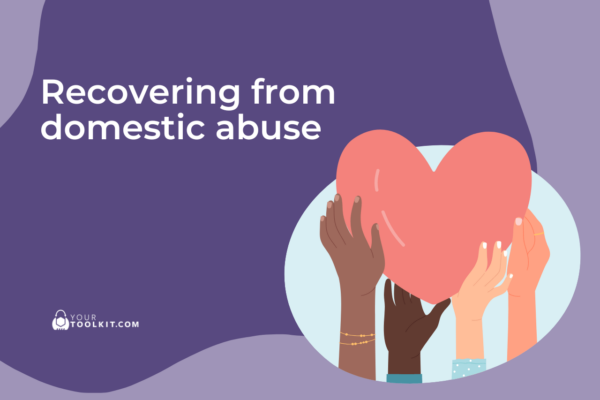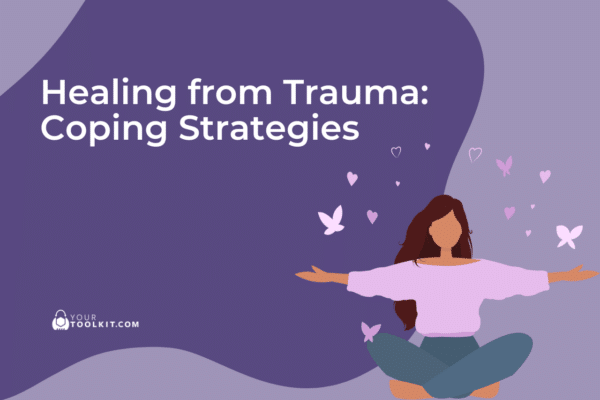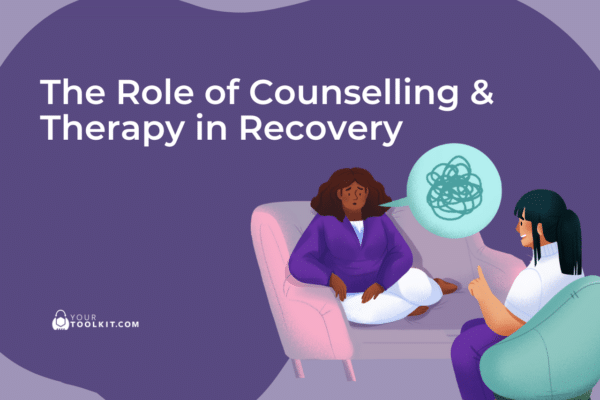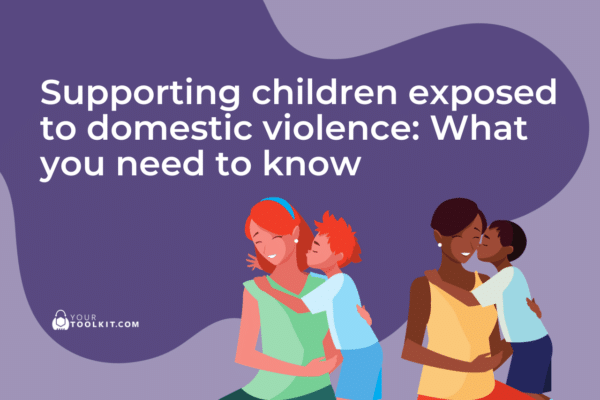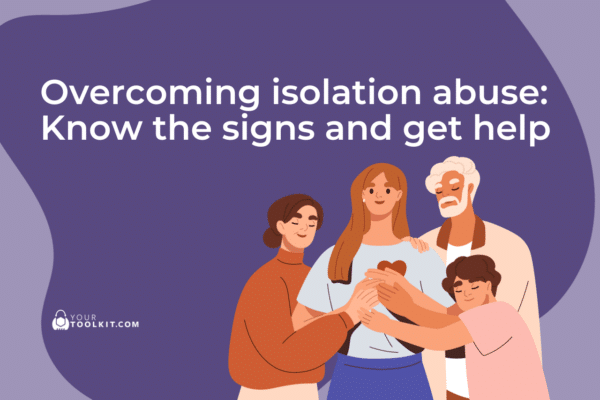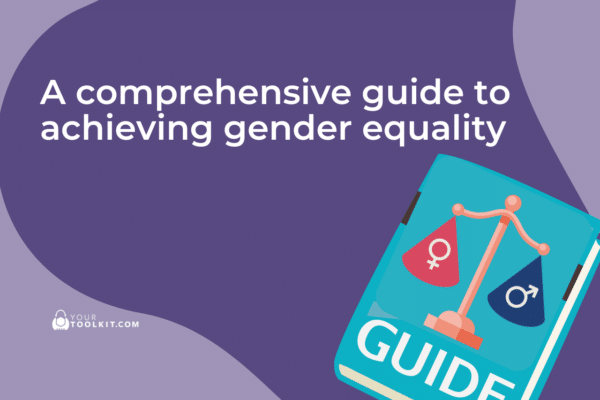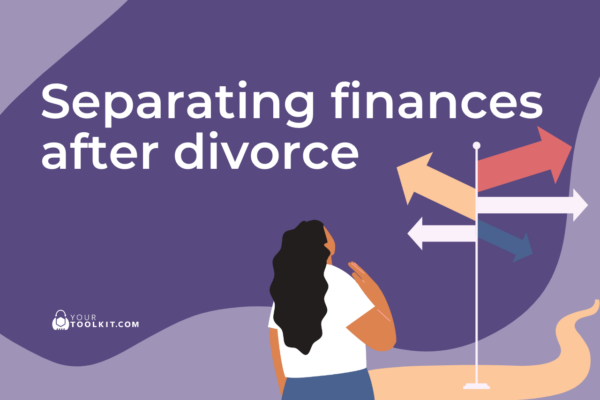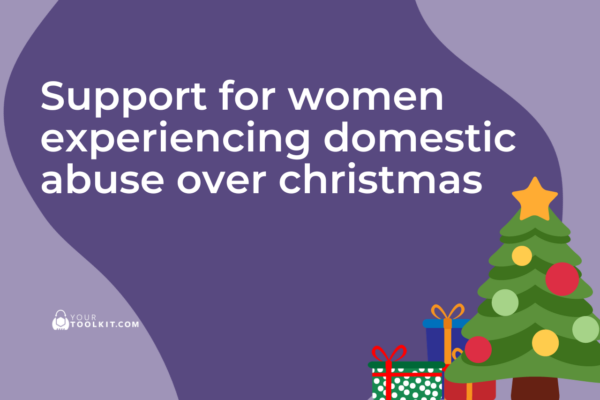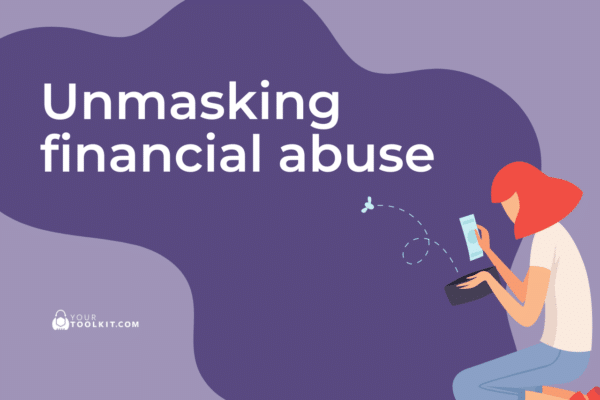Many of us are familiar with the concepts of physical and emotional abuse, but a less discussed form of domestic violence is financial abuse (also known as economic abuse). This occurs when an individual exerts control and dominance over their partner through financial means, a strategy that can leave the victim survivor feeling trapped, powerless, and – in some cases – even invisible.
Unpacking Financial or Economic Abuse
Financial abuse often starts subtly, becoming more pervasive as time progresses. It can take several forms, such as withholding access to bank accounts, controlling all financial decisions, preventing a partner from working or sabotaging their employment, forcing debt onto the victim survivor, or using funds as a tool for manipulation and control.
It’s important to note that economic abuse extends further than simply controlling someone else’s access to money – it encompasses any form of behaviour that negatively impacts someone’s economic wellbeing. Stopping someone from studying, talking them out of taking a promotion or preventing them from being able to get to work are all form of economic abuse.
These actions prevent victim survivors from being financially independent, thus making it harder for them to escape their situation. Perpetrators can maintain a strong grip on their victims by entangling them in a web of financial dependence.
Recognising the Signs of Financial Abuse
There are several signs that may indicate a person is a victim of economic abuse:
- Restricted Access to Money: If an individual has no control over their own money or the household finances, this could indicate financial abuse. The perpetrator often controls all financial decisions, leaving the victim survivor without a say.
- Sabotaging Employment: The abuser may interfere with their partner’s employment situation by causing scenes at their workplace, preventing them from going to work, or making it impossible for them to maintain a steady job.
- Forced Debt: Perpetrators may also push debt onto victim survivors, either by coercing them to sign for loans, overspending on joint credit cards, or failing to contribute to shared expenses.
Steps Forward: Responding to Financial Abuse
If you identify with these signs of economic abuse, know that there are resources available to help you navigate through this difficult situation. Here are some steps that victim survivors can take:
- Securing Financial Documents: Many have found it helpful to gather and secure important financial documents such as bank statements, credit card bills, pay stubs, tax returns, and others. These documents can provide evidence of abuse and assist in future financial planning.
- Building Credit: Another effective approach is to establish or rebuild credit. Some have found it helpful to open a bank account or credit card in their own name.
- Seeking Professional Help: Victim survivors often seek assistance from financial advisors, attorneys, or domestic violence advocates. These professionals can provide practical advice and support, ensuring the victim survivor is not alone in navigating their financial future.
- Creating a Safety Plan: With the help of domestic violence advocates, many develop safety plans which include a financial strategy. This might involve setting aside emergency money or understanding your rights to shared assets.
Let’s consider Sarah, a victim survivor. Despite her husband’s relentless efforts to control their finances, she found ways to regain control. She managed to secure key financial documents, opened a bank account in her own name, sought help from a domestic violence advocate, and even managed to squirrel away funds for emergencies. Her children continue their education without interruption, a testament to her strength and resilience.
Sarah’s story, like many others, illustrates the relentless spirit of victim survivors, their ability to reclaim control, and the crucial role of supportive resources in helping them navigate through financial abuse.
You’re not alone – take action today
Financial abuse is an insidious form of domestic violence that can have long-lasting impacts on a victim survivor’s financial stability and independence. Recognising the signs is the first step towards unmasking this hidden form of aggression. And remember, the power to make change lies in the hands of the victim survivor – they decide when and how they want to regain financial control.
Resources and support are available to help navigate these tough waters, shining a light on a path that can lead to independence and security. For more information on how to prepare, act, rebuild and thrive, please visit Yourtoolkit.com.
